‘God Save the Queen’ trended on Ukrainian social media over the weekend. ‘As a Brit in Kiev I have never felt so popular,’ one expat tweeted. Four hundred miles to the south, however, on the once grand, now shabby streets of Odessa, the enthusiasms of the Twittersphere seem remote. There is little optimism that Britain, or indeed any other western country, can do much to halt the tidal wave that locals fear Russia is about to release on them.
At first blush, life might look normal. On the main pedestrian street, Deribasovskaya, horsemen offer children rides on ponies with pink saddles. But in the city’s cafés, markets and large open squares, there is gnawing fear and growing unease. ‘How can we plan for tomorrow?’ asks Slava, a doctor in his thirties, as he drinks tea flavoured with bergamot. We’re in a café named after Nikolai Gogol, author of Dead Souls, the novel satirising political corruption in 19th-century Russia. On the wall next to our table is a small photograph of the writer, supposedly an original, in a too-large frame. ‘Perhaps I should fight, or at least work as a surgeon on the front lines,’ says Slava. ‘But part of me just wants to run away to Poland, or to the West, while I can. I don’t want to be the frog in the boiling water who doesn’t jump until it is too late.’
In the famous 1925 Eisenstein film, Battleship Potemkin, the Potemkin steps in Odessa are turned into a river of human terror and death as Tsarist guards indiscriminately shoot down fleeing men, women and children. Now those same steps, the most famous landmark of this southern Ukrainian city, are almost empty except for a few thickset men in black leather jackets smoking cigarettes and talking furtively. The Carousel de Odessa, busy with children when I last visited in the summer, stands still. A lady selling kitsch items with maritime themes, some embossed with the words ‘Odessa Mama’ — the city’s affectionate moniker — is struggling to trade. ‘In the summer, business is good,’ she says. ‘But now there is almost nothing. There is the cold, and of course, the situation…’
The citizens of Odessa — Catherine the Great’s Jewel on the Black Sea, a bustling mercantile centre for Russian Jewry, and now Ukraine’s largest trading port — have good reason to be afraid. Among the most likely scenarios of a Russian invasion of Ukraine, several include seizing control of this city early in the campaign. ‘Putin needs the sea, and that means us,’ a man called Sergei tells me. Most fear an amphibious assault launched from Crimea, several dozen miles to the east, possibly augmented by a push from Russian forces stationed in the breakaway Moldovan enclave of Transdniestria just to the west. A move on Odessa would effectively cut off Ukraine, the world’s fifth largest exporter of grain, from its Black Sea trade, strangling its economy.
Western policymakers have spent weeks attempting to divine the true intent behind Russia’s recent military movements near the border of this borderland. But for Odessans, now effectively living on the front line of a new Cold War, the reality is simpler. This conflict, they say, is not going to disappear. It is a question of when, not if. News that Antony Blinken, the US secretary of state, and Sergei Lavrov, the Russian foreign minister, were continuing talks beyond the end of last week was greeted with a shrug. ‘Let them talk,’ Sergei says. ‘Talking is always good — but it will make no difference. Putin’s path is set.’
In the city’s New Bazaar, the oldest of the municipal markets, I discover a tiny café offering hot drinks as well as cooking sauces, butter, batteries and other essentials. Two middle-aged ladies, who decline to give their real names, offer strident views as they sip from their steaming cups. ‘We all have relatives in Russia, and we speak the same language,’ says one of the women. ‘The Russians are good people, our people. But this is about Putin and his terrorism. Look at this market — the meat, the fish, all the cheeses that we have. We live so much better. That is what Putin hates. And he hates the fact that we are free. Here our politicians are also clowns, but at least we can throw them out. In Russia that is just not possible. Even this conversation would not be possible.’ Masha, who is serving behind the bar, is also adamant. ‘Why would we want to join them? We do things differently. Why should they decide our future for us?’
When pressed, some locals admit there is a small minority in the city who might welcome a return to Russian rule. In 2014, when Putin seized Crimea and parts of Donbas in the east, there was also a small uprising of pro-Russia activists in Odessa. More than 40 of them died in a mysterious fire in a trade union building that has still not been fully explained. But finding anyone who will admit to pro-Moscow views is difficult in these times. In the eight years since the war in the east began, many have turned against Moscow and towards Kiev. ‘I was more balanced in my views back then,’ says Slava, the doctor. ‘But after everything that has happened — Crimea, Donbas, the constant threats — I feel much more Ukrainian now. When I teach medical classes I have started using the Ukrainian language. Some of my older colleagues don’t like it, they say Ukrainian is the language of the peasants. But we are in Ukraine now — and that is where our future lies.’
Got something to add? Join the discussion and comment below.
Get 10 issues for just $10
Subscribe to The Spectator Australia today for the next 10 magazine issues, plus full online access, for just $10.
You might disagree with half of it, but you’ll enjoy reading all of it. Try your first month for free, then just $2 a week for the remainder of your first year.

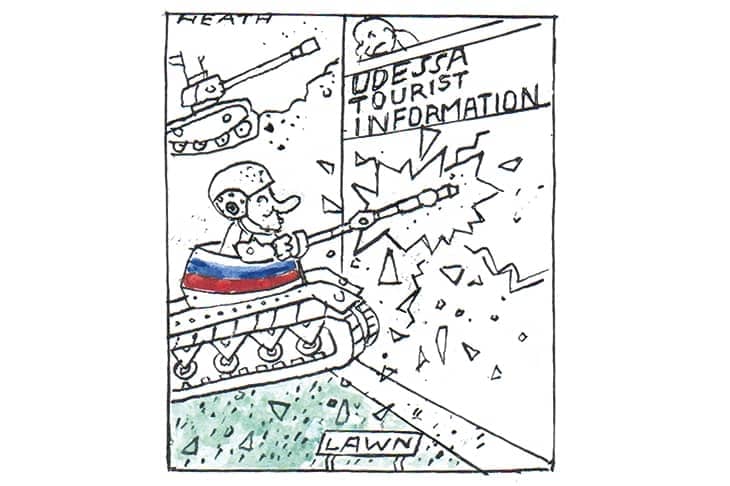
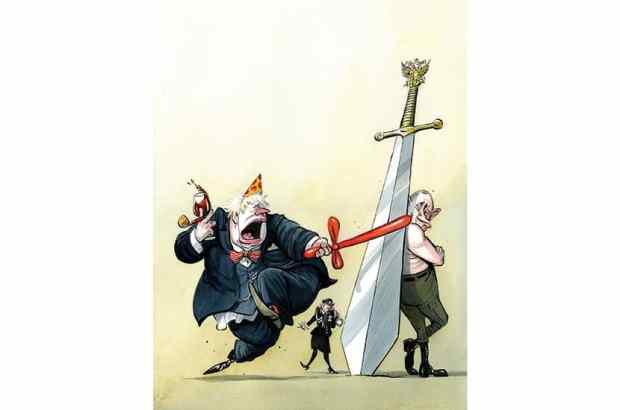
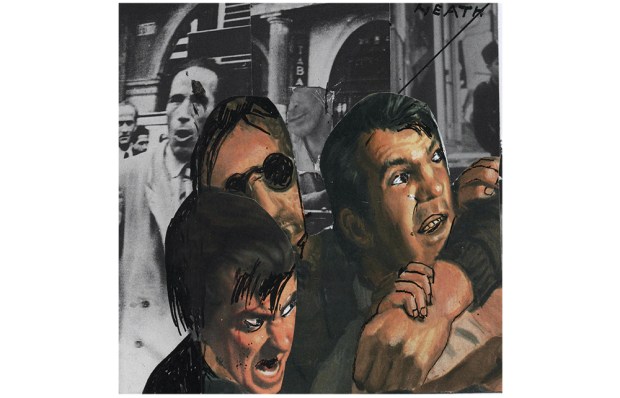
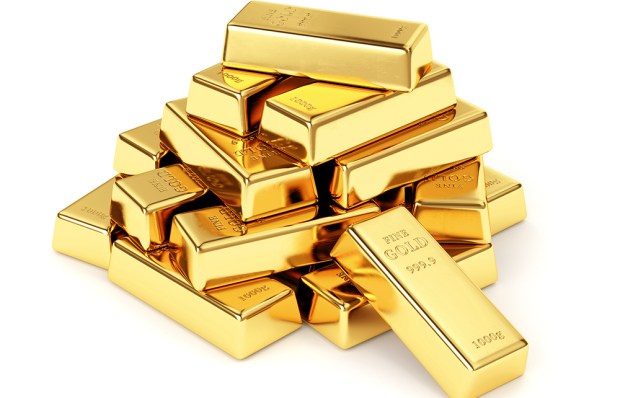
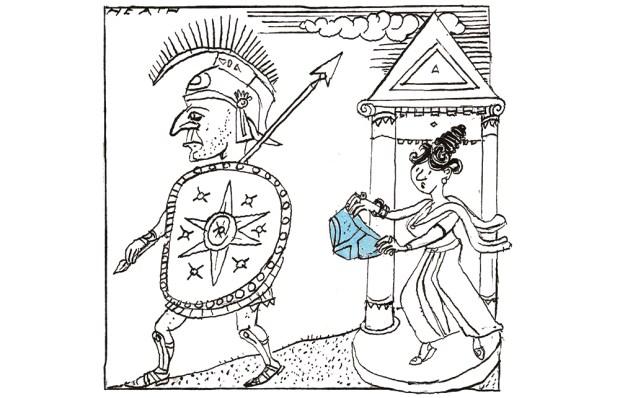








Comments
Don't miss out
Join the conversation with other Spectator Australia readers. Subscribe to leave a comment.
SUBSCRIBEAlready a subscriber? Log in